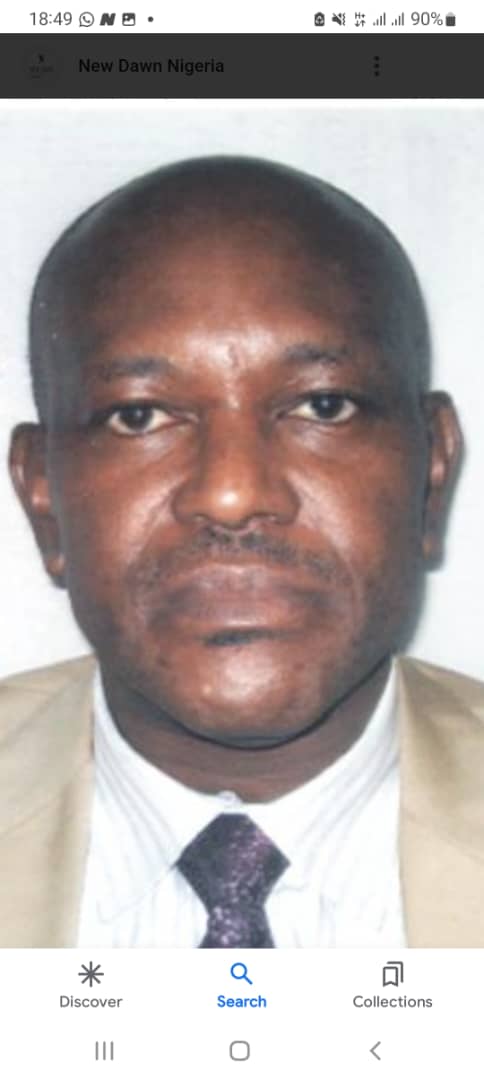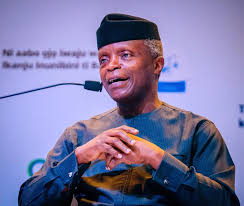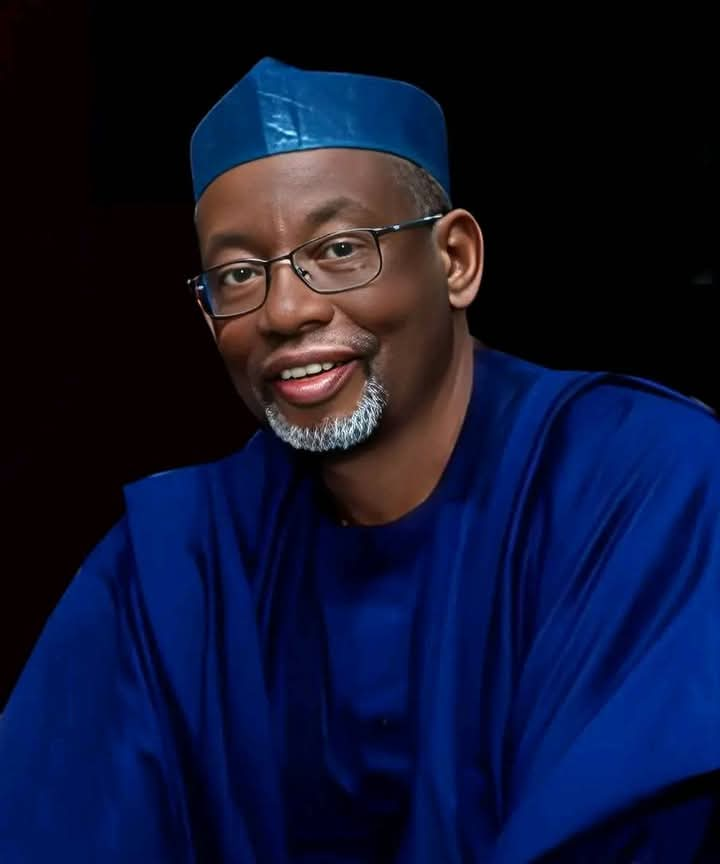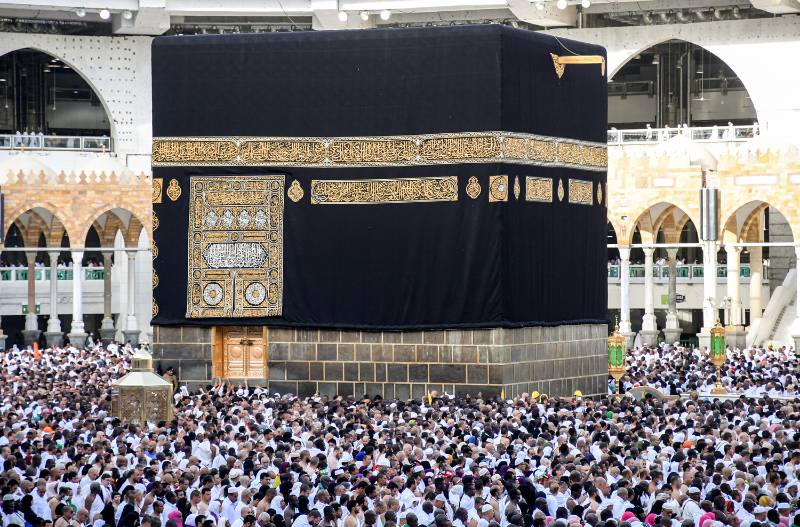By Tunde Olusunle
For all his staggering attributes as a very formidable scholar, a distinctly rigorous inquisitor, a sound and profound political scientist, an inimitable reporter, an engaging writer, a perspicacious editor, he savours his reticence and unobtrusive carriage. In a world where dunderheads, impostors and wannabes hug the klieg lights, posturing as modern day standard-bearers, stars and men of letters, coveting conferments and adulation, he cherishes his quiet. He prefers to immerse himself in his study, lapping up multidisciplinary knowledge, further enriching his subsisting, even overflowing intellectual capital. His elected choices to remain “backstage” in a manner of speaking, receives authentication from his minimal photographic prominence, even on the internet. And we are talking about a colossus in his own right.
Reporting for work on my first day at the good old Daily Times of Nigeria Plc in August 1990, the singular acquaintance I had was Gbenga Ayeni. Ayeni, now a professor of mass communications at the East Connecticut State University, (ECSU) in the United States, and I were classmates, brothers and best of friends at the University of Ilorin. He was already on the staff of the Daily Times about two years before me and was excited I was joining him at what then was Nigeria’s largest media organisation. While I was going to serve in Sunday Times in the Agidingbi, Ikeja address of the establishment, Ayeni operated from the Kakawa, Lagos Island headquarters of the organisation.

He had been redeployed to the Lagos desk of the London-based West Africa magazine, which was owned by the Daily Times conglomerate. Paxton Olu-Idowu was bureau chief of the Nigerian office of the publication and Ayeni worked with him. While I would yet link up with him, I was a momentary loner in Agidingbi. I would subsequently meet the likes of Maurice Ogar, Wole Olatimehin, (now a clergyman) and Edwin Baiye, (now in the US), who were all schoolmates at Unilorin. Tunde Rahman, and Hakeem Bello, media advisers to Bola Tinubu and Babatunde Fashola, respectively, joined us later. This, however, could not substitute for reunion with Ayeni who was both my course mate and roommate in school, and with whom I played quite some school pranks for years together.
My initial loneliness was not going to persist for long, however. I’m told I’m an extrovert, that I make friends and integrate myself into newfound spaces seamlessly. I didn’t need a chaperon as I walked that long TPD corridor, flanked on both sides by a million doors, all leading to the offices and desks of different departments. I spontaneously met new colleagues and began my acclimatisation. There were iconic names one had encountered as an avid reader of Daily Times publications, which numbered over a dozen at some point. And here I was, meeting them live and direct, in flesh and blood! Segun Ayobolu’s was one of those salient, select bylines which had become recurring fixtures, engraved on the minds eye for his very insightful political analyses and resourceful intellectual investments in Daily Times publications.
Ayobolu’s desk was on the immediate left once you opened the door of the voluptuous hall called the newsroom. Writers and reporters were scribbling, typists were busy on their Olympia typewriters. The audio of television sets could be heard in the background. The slight creak from the hinges of the door I opened, stirred Ayobolu and he looked in my direction. He nodded approvingly and I returned the gesture. I let go of the swing door and walked up to him. I introduced myself as the newest Johnny Just Come, (JJC), as we shook hands and introduced ourselves. “You worked with “The Guardian,” I believe,” he asked me. “I’ve read you on the arts and literature review pages.”
I smiled and told him I was but a contributor who desired to be heard in the assembly of A-list professionals. While teaching in a rural secondary school in the erstwhile Oyi local government area of the pre-August 1991 Kwara State and working on my masters in English, I told Ayobolu, I had unfettered access to some of Nigeria’s unsung literary figures who could stand neck-to-neck with their colleagues elsewhere. They didn’t receive the breadth and constancy of attention which scholars in the Lagos-Ibadan-Ife tripod of institutions, enjoyed. David Cook, (British); Zulu Sofola; Olu Obafemi; Oludare Olajubu; Akanji Nasiru, were some of those eggheads. While doing my masters work, I interviewed them and sent the manuscripts to The Guardian, I said to Ayobolu.
We hit it as colleagues and friends from that moment. I would subsequently make more acquaintances thereafter. One could see Ayobolu’s most dutiful application to his work, his untiring commitment, the enviable fervour he deployed. Information technology was not as advanced as we have today, so the entire newspaper production system was almost totally manual. Political activities were gaining pseudo-traction under the administration of former President Ibrahim Babangida, and the newspaper sustained a daily section in the tabloid, and the political desk trusted to generate front-page or backpage reports.
Ayobolu attended the daily “editorial meeting” chaired by the superintending editor who included Onyema Ugochukwu, Femi Sonaike, Dapo Aderinola at various times, in our generation. He then rallied his team including Emeka Nwosu, Basil Obi, Tunde Rahman among others, to generate content for the political pages. He routinely functioned as sub-editor, wielding that famous metal ruler to allocate space to various essays, reports and photographs. The library was adjacent the newsroom where relevant photographs and illustrations. Ayobolu slept in the office on a number of occasions, trying to get the job done. We were basically quasi-bachelors and could take some risks. But such was Ayobolu’s immersion in his vocation.
Ayobolu’s intellectual versatility, his voracious appetite for knowledge, his scholastic expansiveness, his free-range mind of the prototype academic, find expression in his journalistic oeuvre. He gobbles poetry, works of prose, literary criticism, biographies, speeches, with the appetite of one facing an examination everyday. His insights into wisdom’s broad-spectrum, ooze from his journalistic output. To make assurance doubly sure, Ayobolu has reviewed four of my published books and written the Foreword to my upcoming aggregation of essays and articles. As in other instances, Ayobolu leaves you in no doubt about his depth, infinite vistas and abundance of capacity. Very few, ranking professors anywhere in the world, will do a better job of the laurel-deserving dilation of my works, than Ayobolu has done in all instances.
Joe Ibekwe one of our colleagues at the Times who now wields a doctorate, it was who reminded us on the Daily Times Alumni Platform, yesterday, that the date, Tuesday January 17, 2023 was the birthday of this beloved brother, exemplary colleague and inimitable professional, Segun Ayobolu. Across the road in our good old Agidingbi Daily Times office was White House, a restaurant and bar so christendom by we the regulars, after the colour of the building. Typically, whenever our “travel claims,” “continues honorarium” or “out-of-state” travel allowances were paid, or whenever some generous emolument was extended to us for genuine professional help, White House was the instantaneous converge. As desks in the newsroom emptied to an unspoken signal for assembly one of those days, Femi Ajayi, who was the science editor, remarked cheekily to the hearing of some of us: “Those guys have made a kill. They are going to their rendezvous!”
Milestones such as Ayobolu’s yesterday, would have engendered spontaneous congregation at White House, our famous watering hole. Gboyega Okegbenro, Emeka Nwosu, Lawal Ogienagbon, Musa Ebomhiana, Adamson Momoh, Bayo Oladipo, Yemisi Fadairo, (Basil Obi, Femi Olatunde, Imokhuede Ogunleye, Edna Aguocha, the last four sadly no longer with us). We were quite a bunch. Friends from elsewhere joined us on a day yesterday, including Ohi Alegbe, Reuben Abati, Gabriel Omohinmi, (Ademola Babajide, Eddie Ayo-Ojo, also gone to be with the Lord). The waiter at White House would be deployed in an endless relay, serving an assortment of drinks, going and coming, coming and going, regularly quizzed about the tepid temperature of lagers and similar liquids. The kitchen, would eternally simmer with the aroma of pepper soup, peppered meat and allied delicacies. The chant of O yes ooooo will seize the space. Title editors will be glad we all had turned in our copies before plunging into such revelry, which could well spillover to point and kill joints in Ogba, Alausa and similar places!
Segun Ayobolu was born January 17, 1964. His father, Elder Bamidele Samuel Ayobolu was one of the earliest sets of graduates from the Ahmadu Bello University, (ABU), Zaria, in the 1950s. Baba also obtained a diploma in administration at the London School of Economics, (LSE). The very bright and brilliant Segun Ayobolu therefore got off to a pacy educational start, obtaining his bachelors’ and masters’ degrees in political science at the University of Ibadan in quick succession, between the ages of 21 and 24. His lecturers conceived of retaining him for his doctorate, so he could pursue a career in the academia. The young and restless Ayobolu, however, voted for the media as a career which could find fulfilment even as a budding scholar. The mammoth “invasion” of newsrooms by academics and technocrats heightened by the inauguration of The Guardian in 1983, was a compelling inspiration for many of us.
Ayobolu was at various times: reporter, features writer, political editor and Editorial Board Chairman in Daily Times. He edited the Sunday Times, sister publication of the Daily Times, and has functioned as publicist in different departments of the nation’s governance structure. He served as Chief Press Secretary to several public office holders, notably: the Senate President in the defunct Third Republic, (1992 to 1993); Federal Minister of Education, (1993 to 1995), and the Governor of Lagos State, between 1999 and 2007, at the outset of the subsisting Fourth Republic. He was also Special Adviser on Information and Strategy to the Lagos State Governor, between 2007 and 2009. A columnist and Senior Member of the Editorial Board of The Nation newspaper, he is also an “Editor-at-large” of the newspaper. Ayobolu has in his pouch, enormous perspectives about different strands of our sociopolitics which he must avail Nigerians.
Ayobolu has been published in several journals and books, and has presented papers at several conferences and programmes. He has been involved with publications like: Tinubu: In The Mirror Of The Press: What the Papers Say: A Collection Of Press Reports On Senator Ahmed Tinubu’s Activities As Executive Governor Of Lagos State.* He has also produced *Biographical Sketches Of Members Of Tinubu’s Millennium Cabinet: May 1999 to May 2003 and Dele Alake: The Writer As Strategist. He co-edited the book: *Asiwaju: Leadership In Troubled Times, (published in 2012), with Tunji Bello and Sam Omatseye. He is married to Justice (Mrs) Ayo Ayobolu, and blessed with children and grandchildren.
Sege Baba, this is hoping we shall celebrate your conclusive completion of your doctorate on your diamond birthday. Congratulations!
Tunde Olusunle, PhD, poet, journalist, scholar and author is a Member of the Nigerian Guild of Editors, (NGE).




